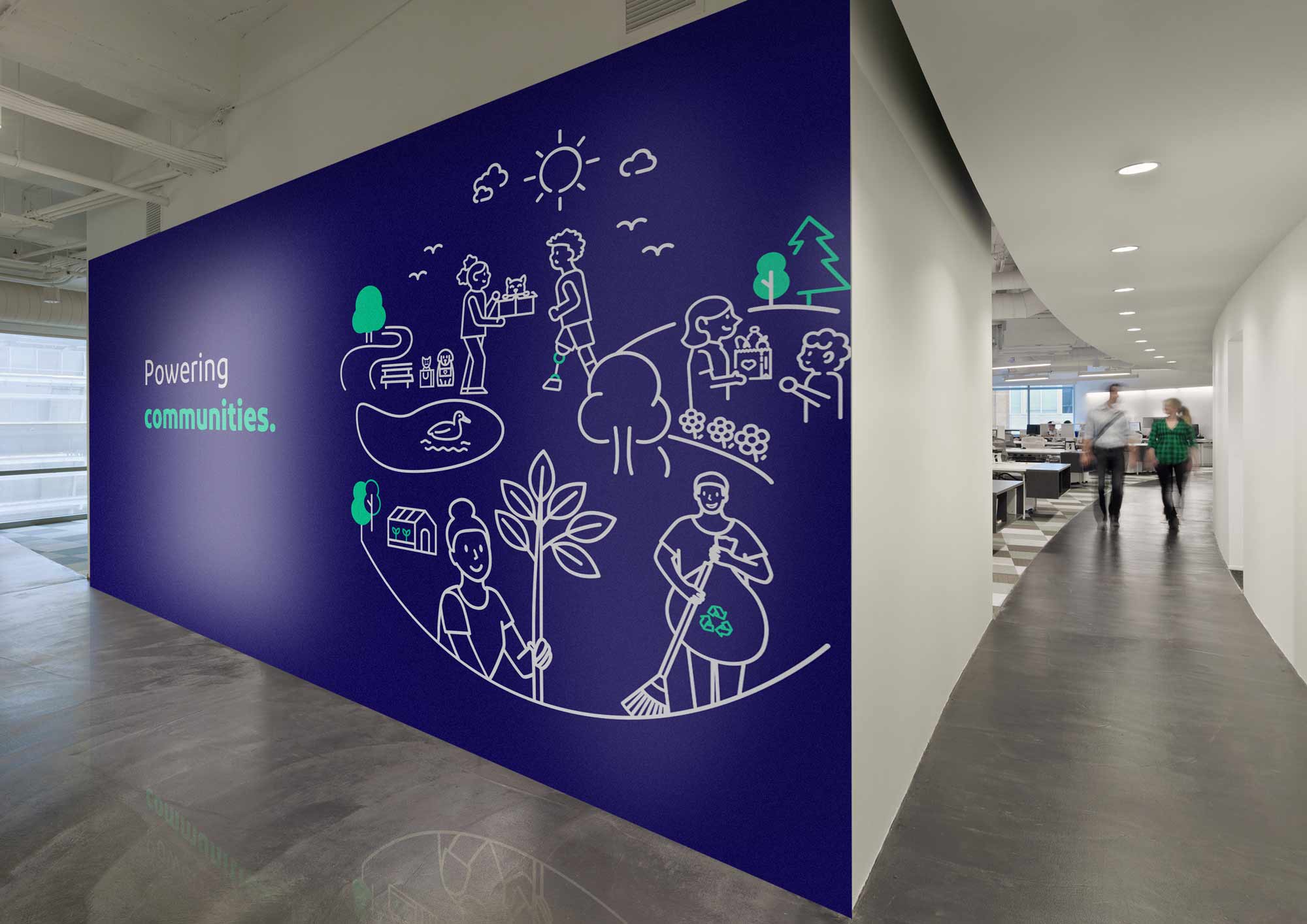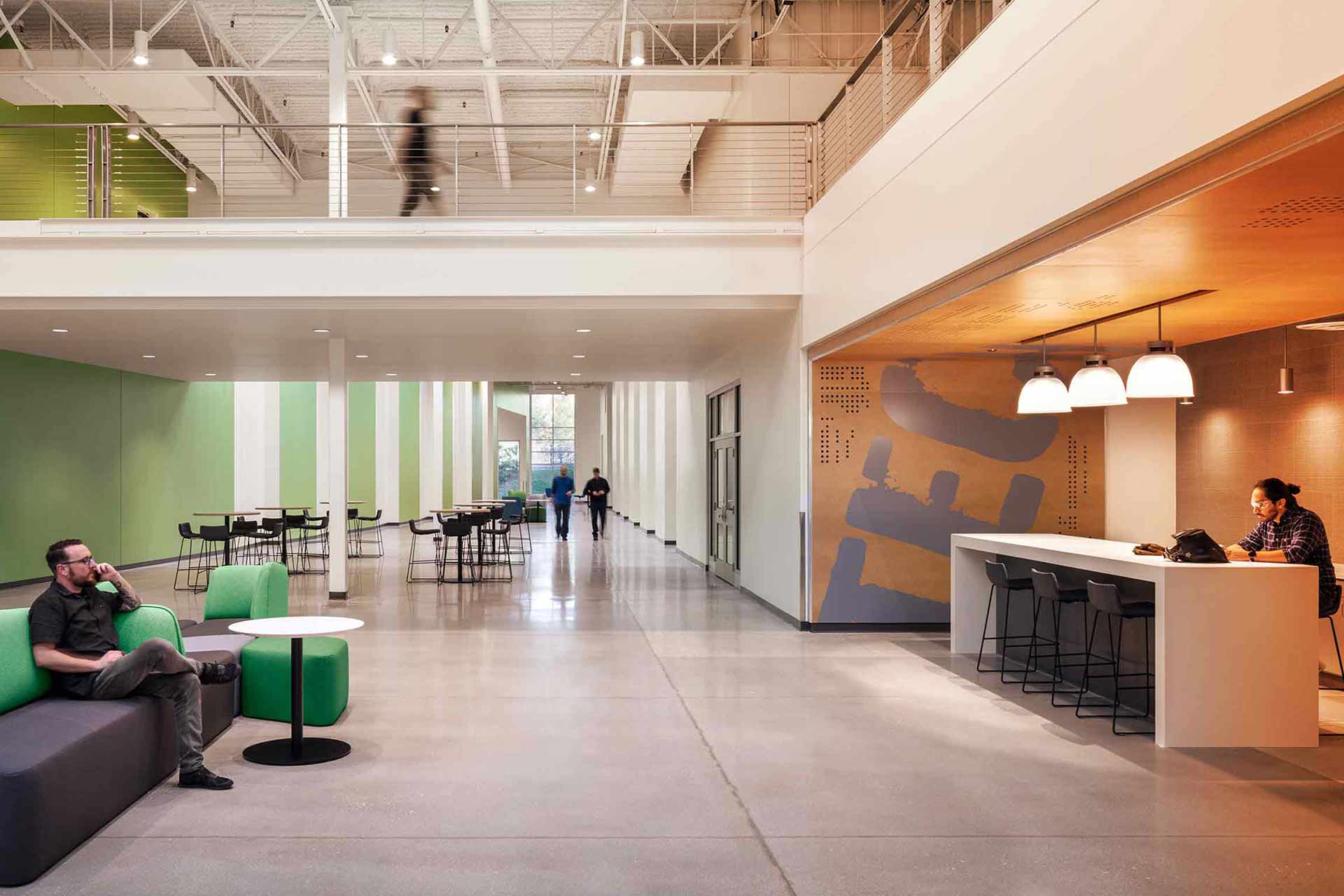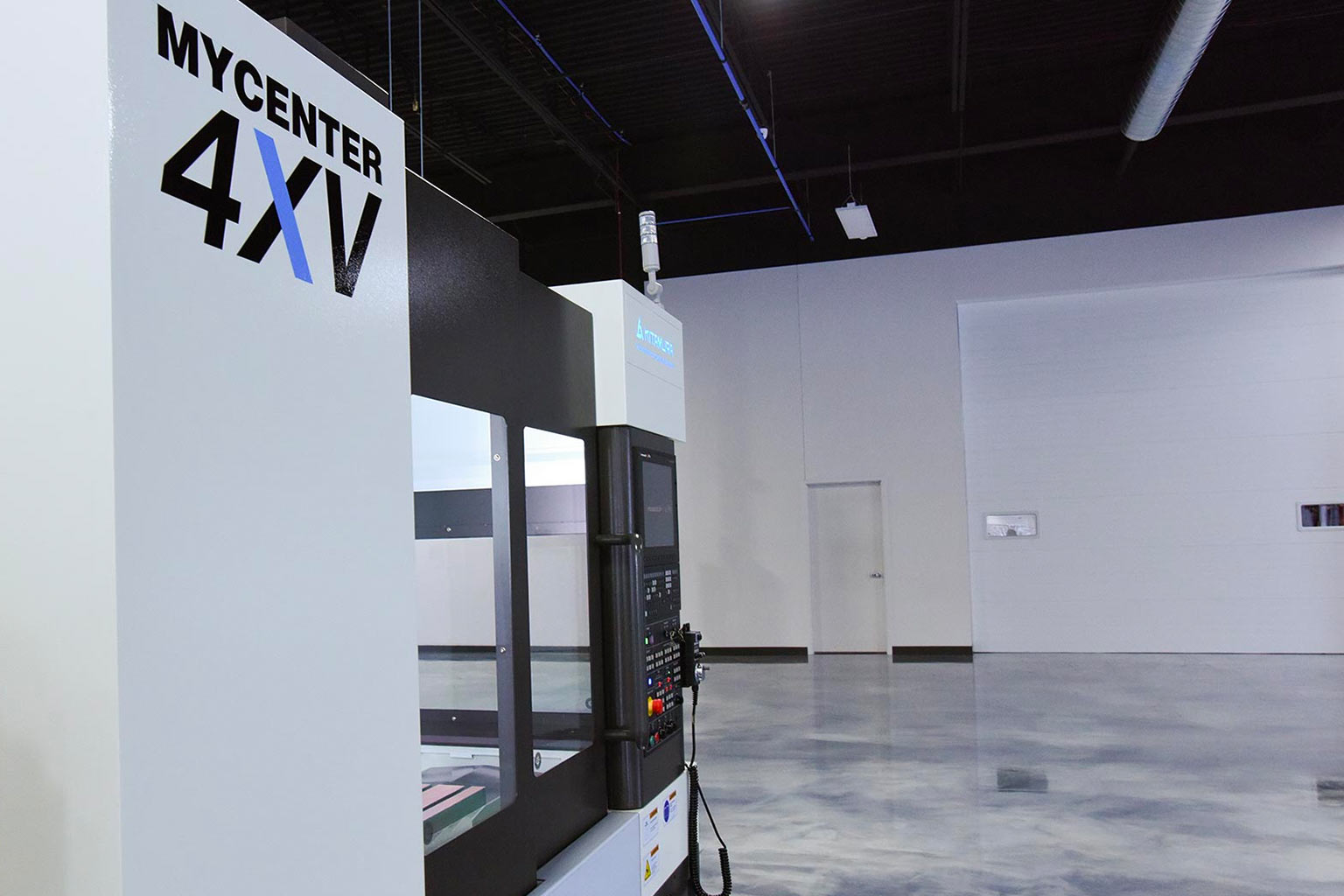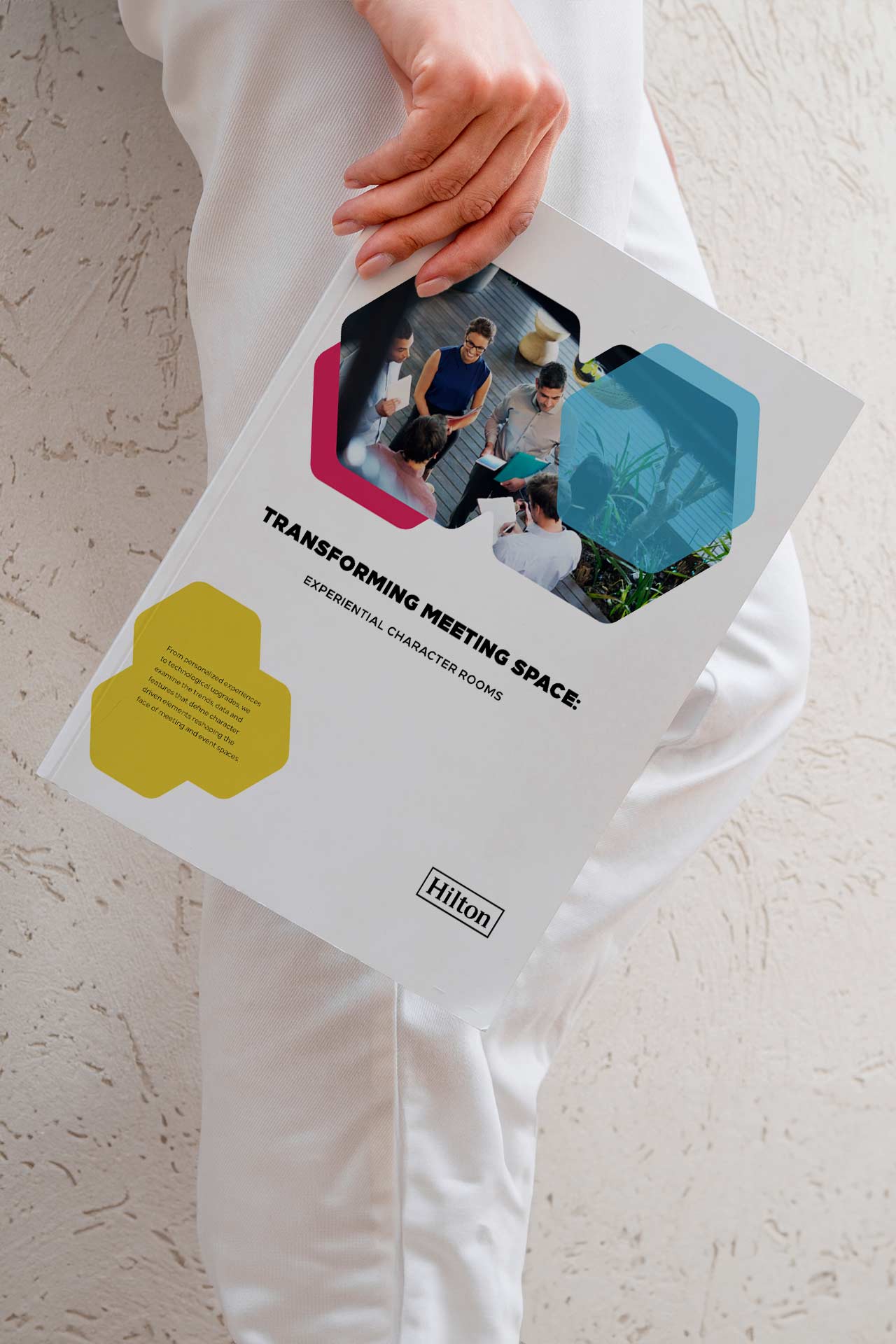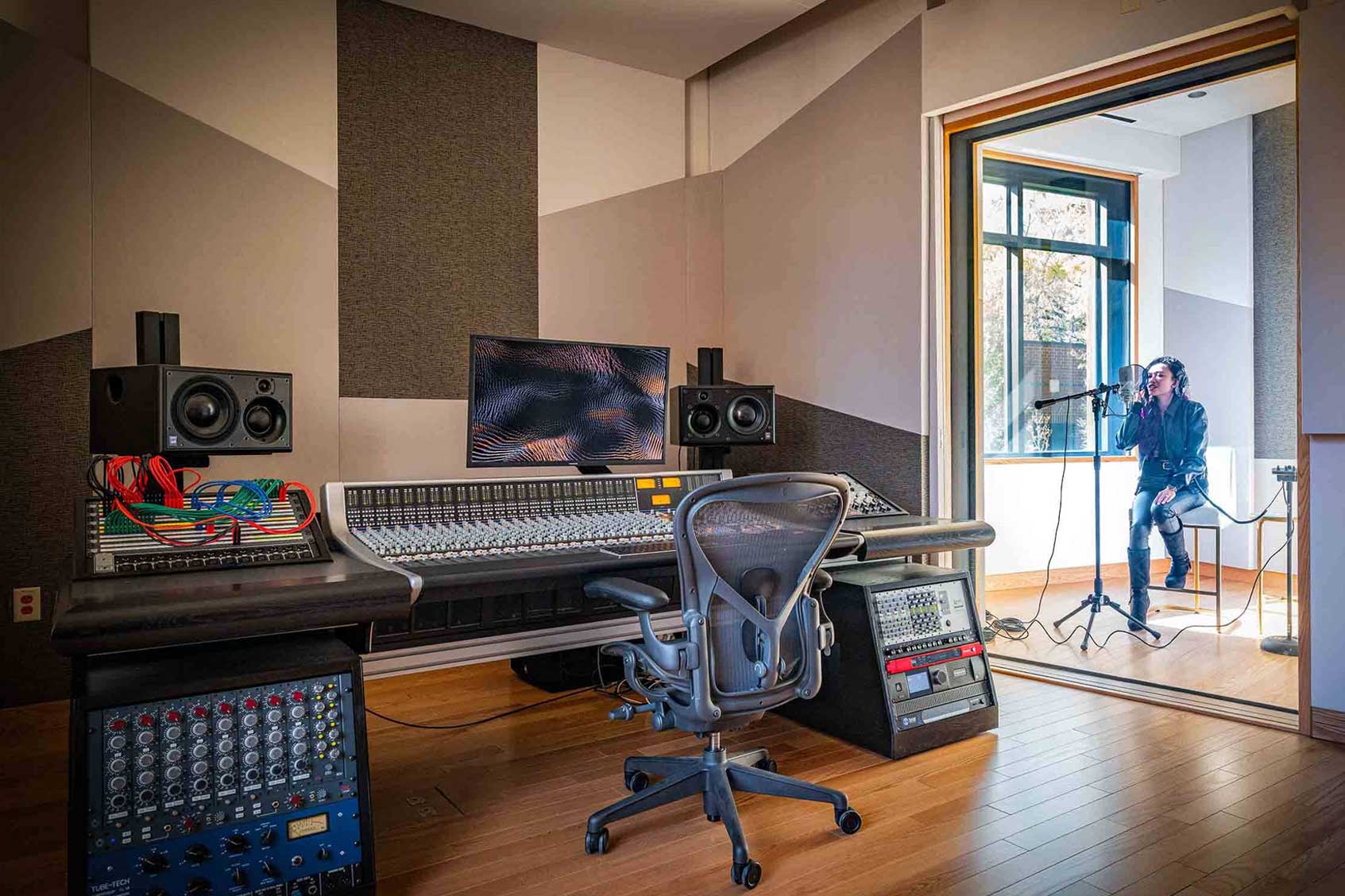Feedback from stakeholders and clients provides valuable information that helps designers and developers refine their understanding of the users’ context. By receiving feedback on prototypes or design concepts, designers can evaluate how well their solutions align with the users’ needs and expectations. This feedback helps in identifying areas that require user experience improvement or interface design modification, enabling iterative design cycles that lead to better outcomes.
In addition to being an essential asset in the iterative creative cycle, feedback and continuous discoveries play a crucial role in contextual design. Contextual design is an approach that emphasizes understanding the users’ context and incorporating their needs and preferences into the design process. It involves observing and gathering data from users in their natural environment to gain insights into their behaviors, motivations, and challenges.
In summary, feedback and continuous discoveries are crucial in contextual design as they enable designers to incorporate user insights, adapt their solutions, and ensure that the design aligns with the users’ context. By embracing a feedback-driven and iterative approach, designers can create designs that not only meet the users’ needs but also resonate with their unique contexts and provide meaningful experiences.
